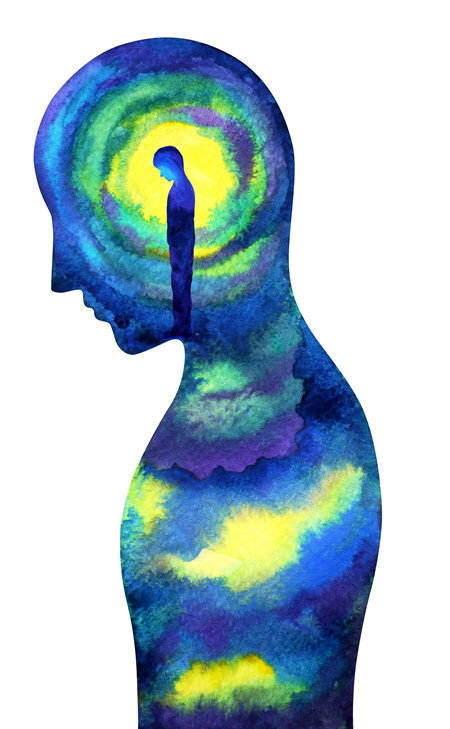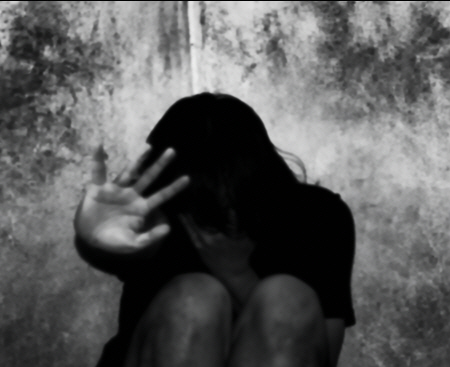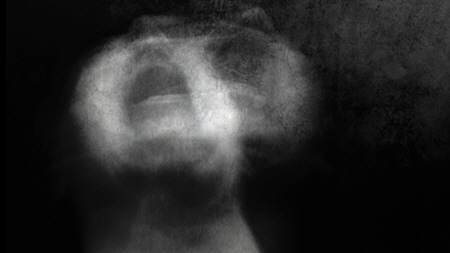 No child goes unscathed.
No child goes unscathed.
It’s hard being an adolescent! At times, I still feel the pain of what it was like.
And you can be the best parents in the world, but every child goes through issues in their lives.
Just look at all they have to deal with…
Societal Expectations
Kids are programmed to believe that they must do well in middle school… so they can get into a good high school… so they can get into a good college… so they can get into a good graduate school… so they can get an extremely high-paying job…
… or else they’ll be a “nobody” or a “loser” in the eyes of their family, friends, and community.
The problem is that when they don’t live up to this expectation, they hate themselves for not being “good enough,” which leads to depression and anxiety.
While academic achievement is important, it becomes a problem when children feel like it defines them and their self-worth depends on it.
Feeling Lost in the World
WHO THE HELL AM I??!! (Isn’t this the proverbial question that all teenagers [and adults)]ask themselves?)
What do I stand for?
What do I really believe in?
What kind of human do I want to grow into?
What are my goals and dreams in life?
These questions fester inside the minds of so many adolescents in their formative years and shape who they become. But they can also make them feel extremely lost and self-conscious. They can make them feel isolated and confused, leading to their engaging in dangerous behaviors to “fit in” or explore who they are.
 Conflict between Parents
Conflict between Parents
It’s confusing, hurtful, and extremely traumatizing for a child to see their parents argue and fight. It can cause so much strife and tension within the family unit. The child feels isolated from the world because they have lost those who are supposed to be the most supportive and protective.
Often, the child feels torn because they feel like they have to “pick sides,” and sometimes one parent uses the child against the other.
In extreme cases where physical violence is displayed, it can send a very confusing message to the child. Many do not know how to make sense of it or deal with it, which causes them to withdraw.
Cultural Identity
I was born an American, but my parents are Chinese. I don’t feel like a typical American kid, but I sure as heck don’t feel like I’m Chinese either. How in the world do I make sense of it?
This is a common theme for many adolescents with immigrant parents. They’re left feeling confused and frustrated as they struggle to balance the different cultures and traditions.
Bullying and Abuse
Many adolescents deal with bullying at school, at home, and through the Internet. It has become a major issue within our society today.
Bullying can make a child feel helpless, isolated, depressed, anxious, and worthless. This can lead to suicide if not dealt with.
Many kids feel that they don’t have an outlet to talk about these issues, especially if they identify as LGBTQ.
Social Stigma
This can keep adolescents from getting the help they need in therapy, especially for Asian Americans. They’re less likely to see mental health treatment as a shameful, undignified sign of weakness.
The result is that the child bottles up intense emotions, which leads to depression, anxiety, risky behavior, suicidal ideation, and legal issues.
It can also lead to a life that is void of any risk. It’s hard to be completely fulfilled in life and see your potential if you don’t take chances. But many adolescents are afraid to take any risk because of the cultural expectation that they always are successful and never fail at anything.
 I know it’s hard to see your child struggle.
I know it’s hard to see your child struggle.
It hurts you to see them angry, frustrated, and sad.
You want to talk to them, but they shut you out.
What you may not want to hear is that there’s always a good reason for that. Those issues don’t come out of anywhere. They have persisted, and now your child is acting out because of the pain they have endured.
Here’s how therapy will help your adolescent…
We will work together to see what is “missing” that will help them become more self-supportive. We’ll break down the barriers that have been hindering them.
I’ll give them tools and strategies to develop their “voice” and be more comfortable in their own skin.
I’ll give them a safe space in which to express their true emotions without judgment. We’re often told not to be sad or angry, but I stand against that. I validate all their feelings help them integrate all aspects of who they are – not just the joyous side but also the darker sides. They’ll be encouraged to express those parts of themselves they’ve been hesitant to express out of fear of what others may think of them.
They’ll be supported as they embrace their pain (versus shoving it aside for the benefit of others).
There may not be a “quick fix,” but my goal is that adolescents leave therapy as integrated individuals who take responsibility for all aspects of who they are.
Let’s help your child… together.
We can help them face their fears, find their authentic voice, and deal with the pain they’ve suppressed.
In working with adolescents, I have learned that almost all their issues involve the family. That’s why I combine therapy for adolescents and family therapy together. Dealing with the larger family system is the most effective way to help your child.
This can be uncomfortable at times, but I believe we grow the most when facing uncomfortable situations. But along the way, we might even share a laugh or two.
Step out of your comfort zone and reach out to me for a free 15- to 20-minute consultation: (804) 310-7516. It would be an honor to work with you!

